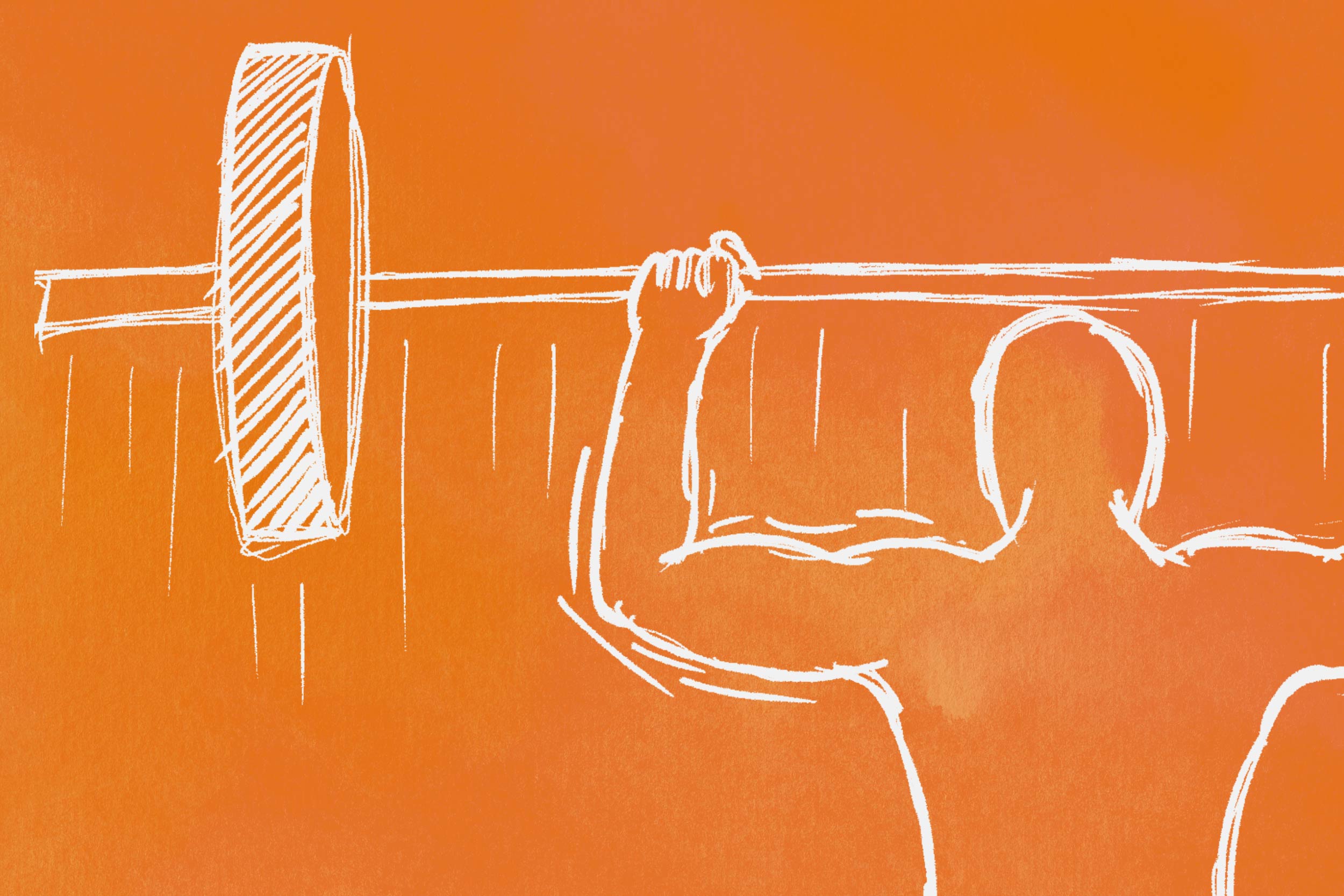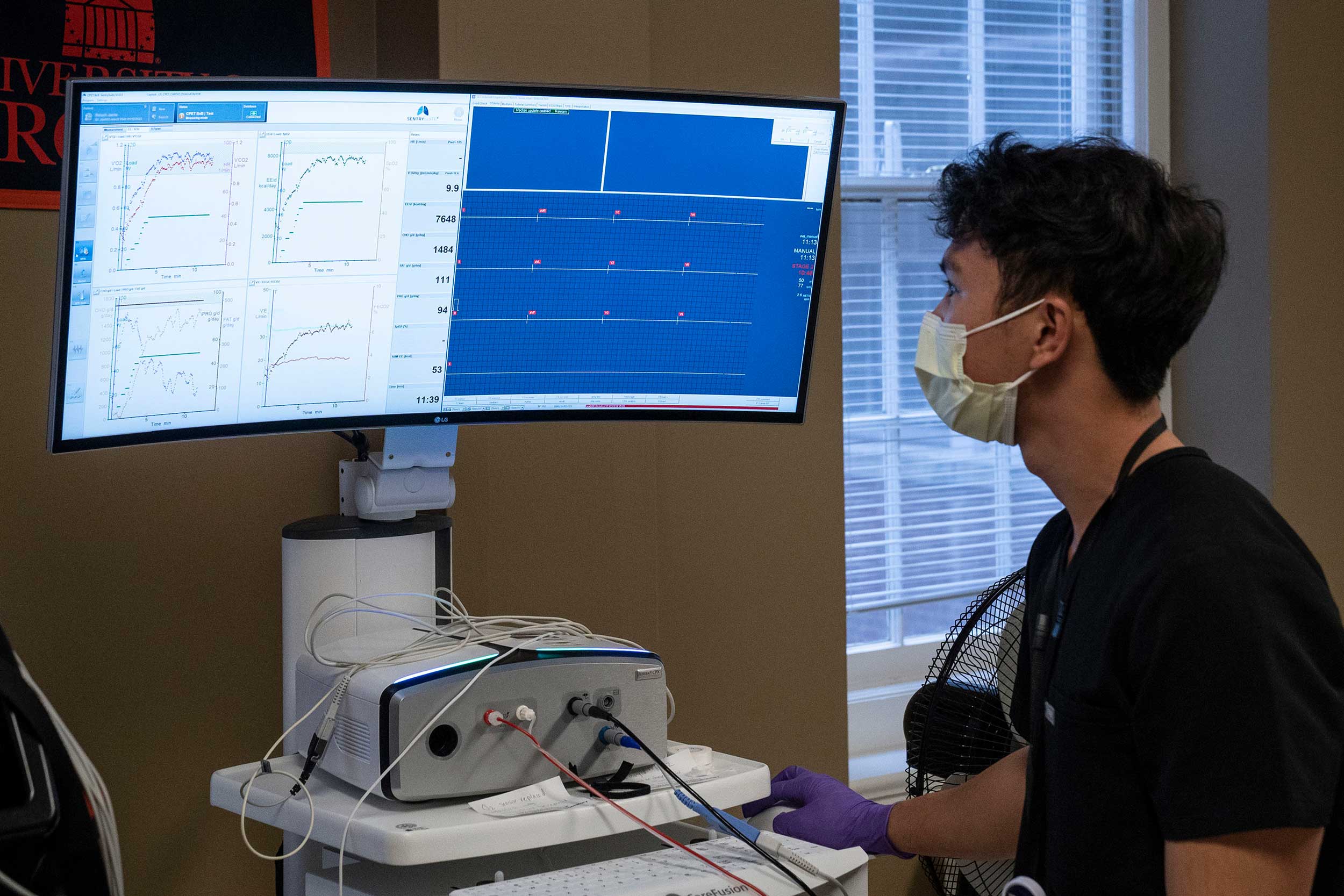Q. Are there apps or organizational systems that can help with fitness motivation?
A. Some people find the tracking and the acknowledgements (“You closed your rings!”) offered by a device or app very helpful and motivational. Apple Watch and Fitbits are good examples.
Apps such as Strava allow you to track a number of things related to running and walking (pace, mileage, vertical gain, fastest times for certain routes) and also get “likes” from others who follow you.
Still, some people prefer to kick it old school and simply write things down in a pen-and-paper journal.
Q. Are workout videos worth trying?
A. For those who are going to exercise at home, instructional videos are helpful. You can find instruction for cycling, strength training, yoga – pretty much everything. Some of these allow for tracking or even offer competition. (Apple Fitness+, Peloton, TRX, etc.)
Q. How can UVA help?
A. The University offers a number of health and fitness opportunities for those with UVA affiliations, as well as for the community at large.
Anyone may request Exercise Physiology Core Lab services or participate in a UVA Health study, if they qualify and are selected. (Typing “exercise” in the search function will narrow down the available studies.)
UVA employees can also participate in the Hoos Well program and get financial rewards for exercising, attending health-related seminars, seeing the doctor, etc.
And UVA IM-Rec’s intramural sports offer students, faculty, staff and spouses opportunities for organized play. These same UVA community members, along with alumni, may also apply for membership to the Aquatics & Fitness Center and the North Grounds Rec Center.
Contact information can be found on their websites.





.jpg)







